Project Climate works to identify, promote, implement, and scale promising climate change solutions. Each solution involves different sectors, technologies, and policy makers. As a result, each requires different approaches.
Here are some of the projects that we are working on:
GrizzlyCorps

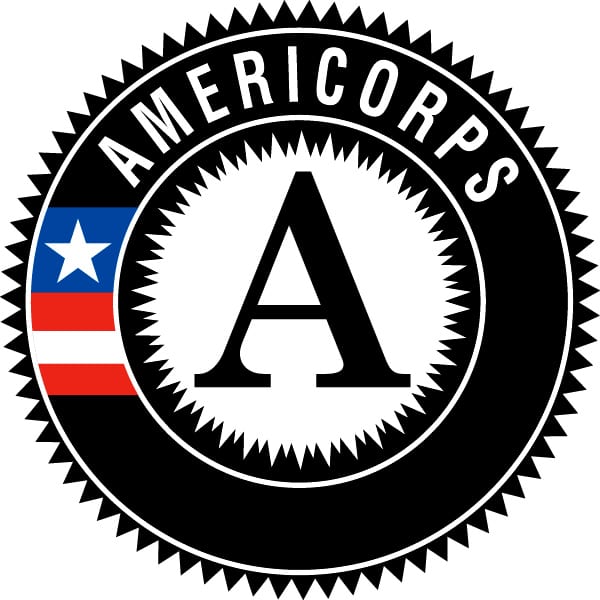
We created an AmeriCorps program, called GrizzlyCorps, that sends 35 recent college grads each year to farm and forest communities. AmeriCorps members work on regenerative agriculture, forest health, and carbon sequestration – helping those communities build resilience and fight climate change. We are working on expanding the program to work in more communities.
Fact Sheet: Regenerative/Climate-Smart Agriculture
What is Regenerative Agriculture?
Methane
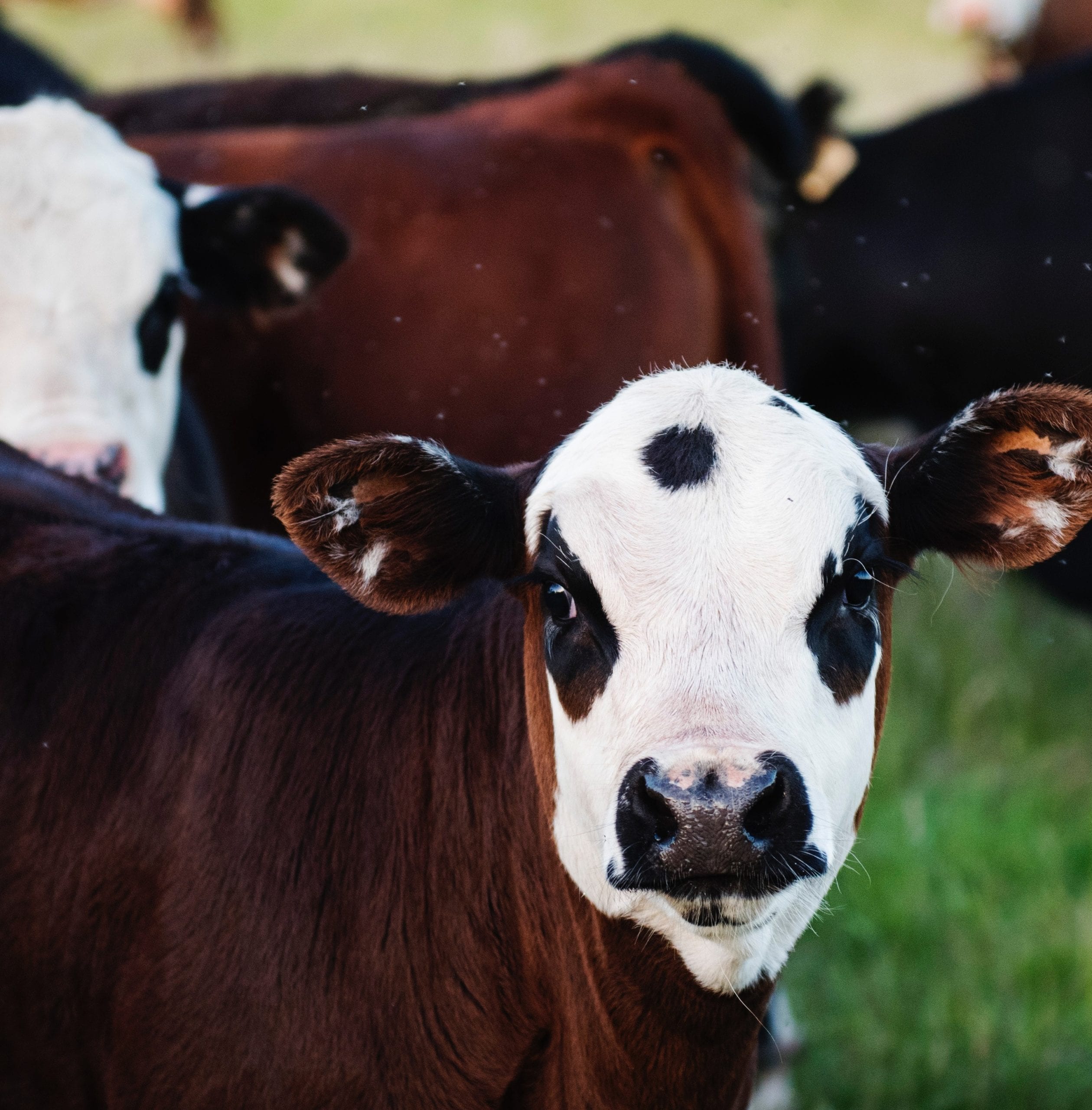
Methane is one of the most potent greenhouse gases, accounting for 25% or more of greenhouse gas impact. Project Climate is focusing on what happens when, sometime this year, we have data from methane detection satellites, showing methane emissions (from agriculture, landfills, coal, and oil and gas operations primarily) in every jurisdiction in the world. If jurisdictions can act quickly to control and capture methane, we can make a significant dent in worldwide emissions. We have developed methane reduction frameworks/protocols for oil and gas operations and for emissions from the agriculture sector. In collaboration with the State of California, we have initiated the Subnational Methane Action Coalition (SMAC), initially with 15 signatories and growing, to build methane inventories, baselines, action plans, and share best practices around the world across all methane emission sectors.
Subscribe to the Methane Times e-newsletter
Climate Break
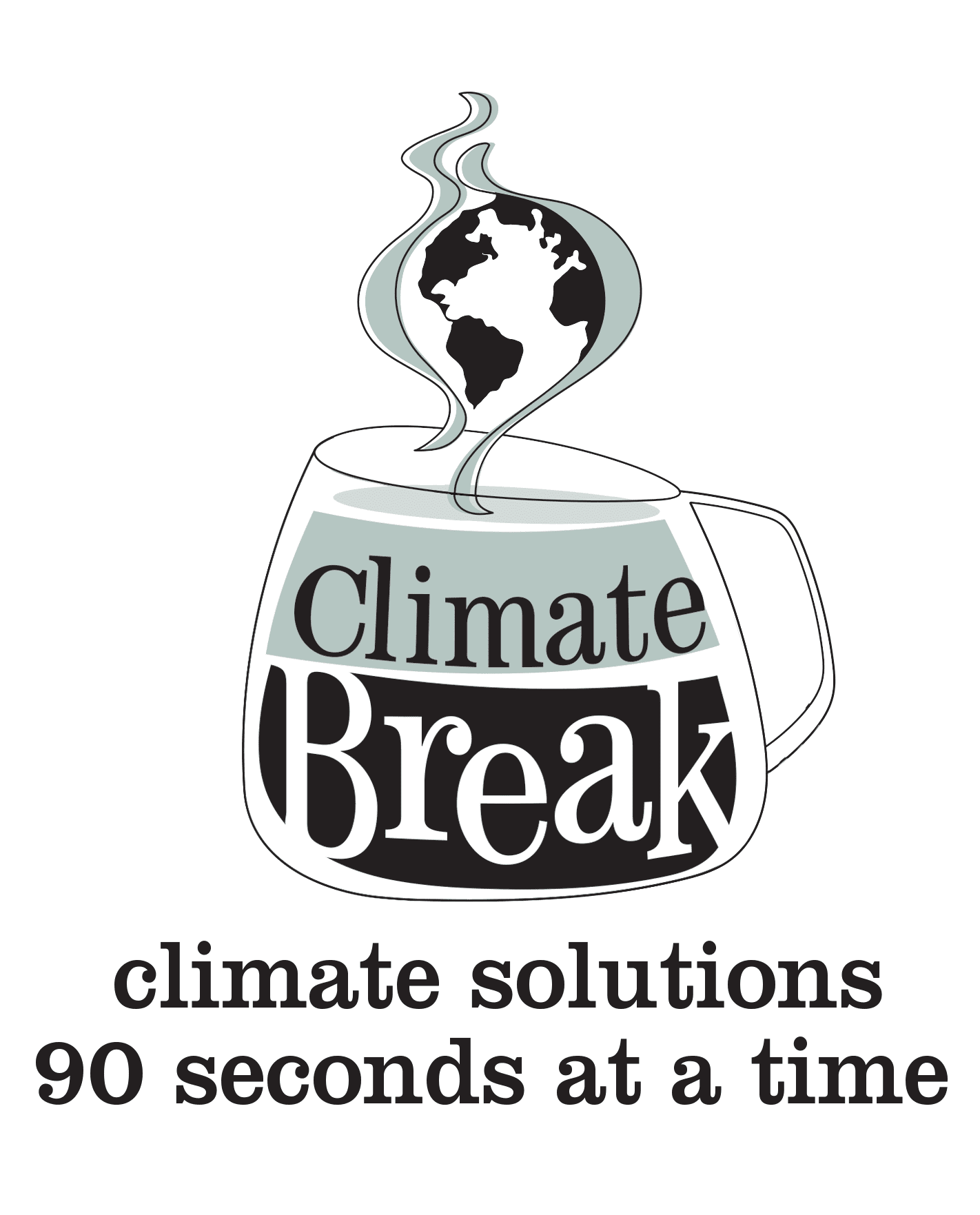 Climate Break is a radio program, podcast, and website that presents stories of climate progress and interviews with climate innovators from California and around the world, in less than 2 minutes. Our solution-oriented, radio-ready shows are produced by students and climate law and policy experts and is a joint production of CLEE/Project Climate and the UC Berkeley School of Journalism, in partnership with KALW 91.7 FM San Francisco Bay Area.
Climate Break is a radio program, podcast, and website that presents stories of climate progress and interviews with climate innovators from California and around the world, in less than 2 minutes. Our solution-oriented, radio-ready shows are produced by students and climate law and policy experts and is a joint production of CLEE/Project Climate and the UC Berkeley School of Journalism, in partnership with KALW 91.7 FM San Francisco Bay Area.
Forging Resilience
 Accelerating the adoption of climate solutions at scale requires more than educating the public on the urgency of climate change—it requires a community-based approach. Project Climate is working with libraries and museums, focusing on local climate impacts, providing tools for community action and using a holistic approach to scaling climate solutions. Working with local libraries and museums, our initiative, Forging Resilience, weaves together community resilience, civics skills, and knowledge of climate solutions to empower communities. We draw on elements of lifelong science learning, art, and community organizing, and we focus on place-based climate impacts, narratives that convey climate science, climate solutions, and skills needed to take advantage of climate solutions that are meaningful to residents.
Accelerating the adoption of climate solutions at scale requires more than educating the public on the urgency of climate change—it requires a community-based approach. Project Climate is working with libraries and museums, focusing on local climate impacts, providing tools for community action and using a holistic approach to scaling climate solutions. Working with local libraries and museums, our initiative, Forging Resilience, weaves together community resilience, civics skills, and knowledge of climate solutions to empower communities. We draw on elements of lifelong science learning, art, and community organizing, and we focus on place-based climate impacts, narratives that convey climate science, climate solutions, and skills needed to take advantage of climate solutions that are meaningful to residents.
Climate and Wildfire Institute
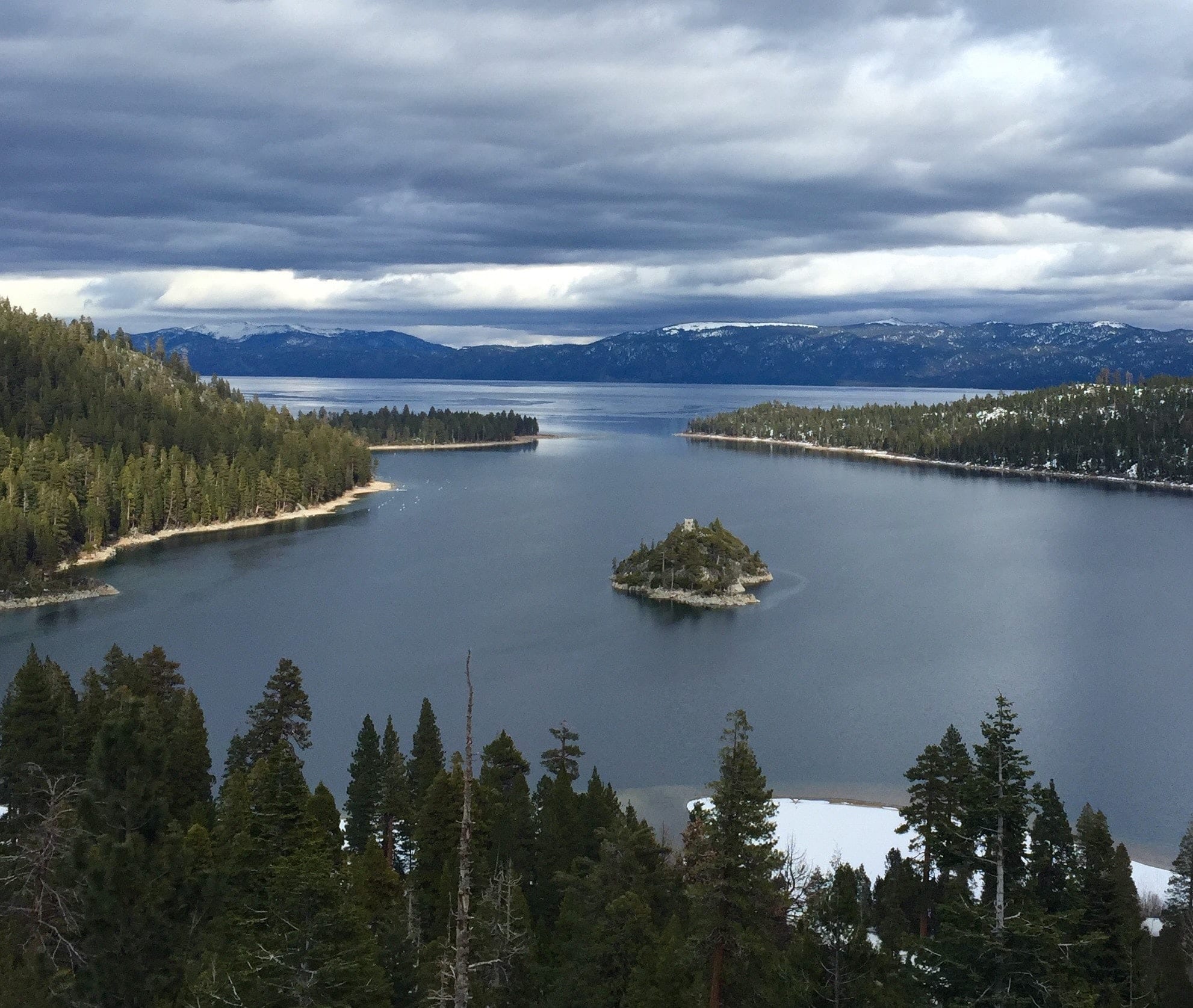 Project Climate/CLEE, working with multiple partners, has established the Climate and Wildfire Institute focusing on applying science and lessons learned to wildfire response, forest resilience, data transparency, and action on climate change. The State of California’s $7 million in seed funding provides a firm footing for launch of the Institute.
Project Climate/CLEE, working with multiple partners, has established the Climate and Wildfire Institute focusing on applying science and lessons learned to wildfire response, forest resilience, data transparency, and action on climate change. The State of California’s $7 million in seed funding provides a firm footing for launch of the Institute.
The California’s Year in Fire project, in partnership with the Climate & Wildfire Institute and the Gordon and Betty Moore Foundation, advances a framework for a more complete picture of evolving impacts and consequences, and provides more robust data points to inform meaningful solutions.
International Monetary Fund Reform
 With nearly $1 trillion USD in assets and influence over 190 countries, the International Monetary Fund (IMF) is a multilateral institution charged with maintaining global macroeconomic stability and growth—goals directly threatened by climate change. This powerful organization could be a linchpin in steering the international community toward a more sustainable economic future, but its current efforts are inadequate. Project Climate has developed a policy report, “International Monetary Fund Reform for Climate Resilience,” providing key recommendations for the IMF to strengthen climate and economic resilience on a global scale.
With nearly $1 trillion USD in assets and influence over 190 countries, the International Monetary Fund (IMF) is a multilateral institution charged with maintaining global macroeconomic stability and growth—goals directly threatened by climate change. This powerful organization could be a linchpin in steering the international community toward a more sustainable economic future, but its current efforts are inadequate. Project Climate has developed a policy report, “International Monetary Fund Reform for Climate Resilience,” providing key recommendations for the IMF to strengthen climate and economic resilience on a global scale.
Environmental Enhancements, San Jose Pilot
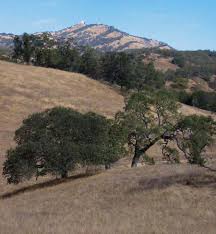 How can we incentivize landowners not only to maintain their land as open space or agricultural land, but also to enhance the environmental benefits of that land? For example, how can we get farmers to increase the ability of soil to sequester carbon? Project Climate is working with San Jose and other partners on an innovative pilot project in Coyote Valley that will pay landowners to affirmatively enhance their land, in conjunction with promotion of infill development projects in designated areas of the City.
How can we incentivize landowners not only to maintain their land as open space or agricultural land, but also to enhance the environmental benefits of that land? For example, how can we get farmers to increase the ability of soil to sequester carbon? Project Climate is working with San Jose and other partners on an innovative pilot project in Coyote Valley that will pay landowners to affirmatively enhance their land, in conjunction with promotion of infill development projects in designated areas of the City.
Trump Judges Project
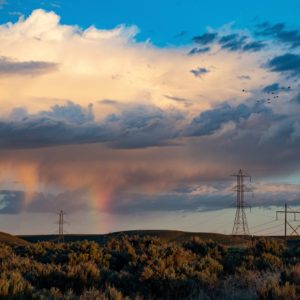 The Trump Administration appointed a record number of federal district court and appellate judges. Project Climate is tracking opinions and decisions written by those judges to gauge their impact on environmental law and policy.
The Trump Administration appointed a record number of federal district court and appellate judges. Project Climate is tracking opinions and decisions written by those judges to gauge their impact on environmental law and policy.
EV Infrastructure in Underserved Communities
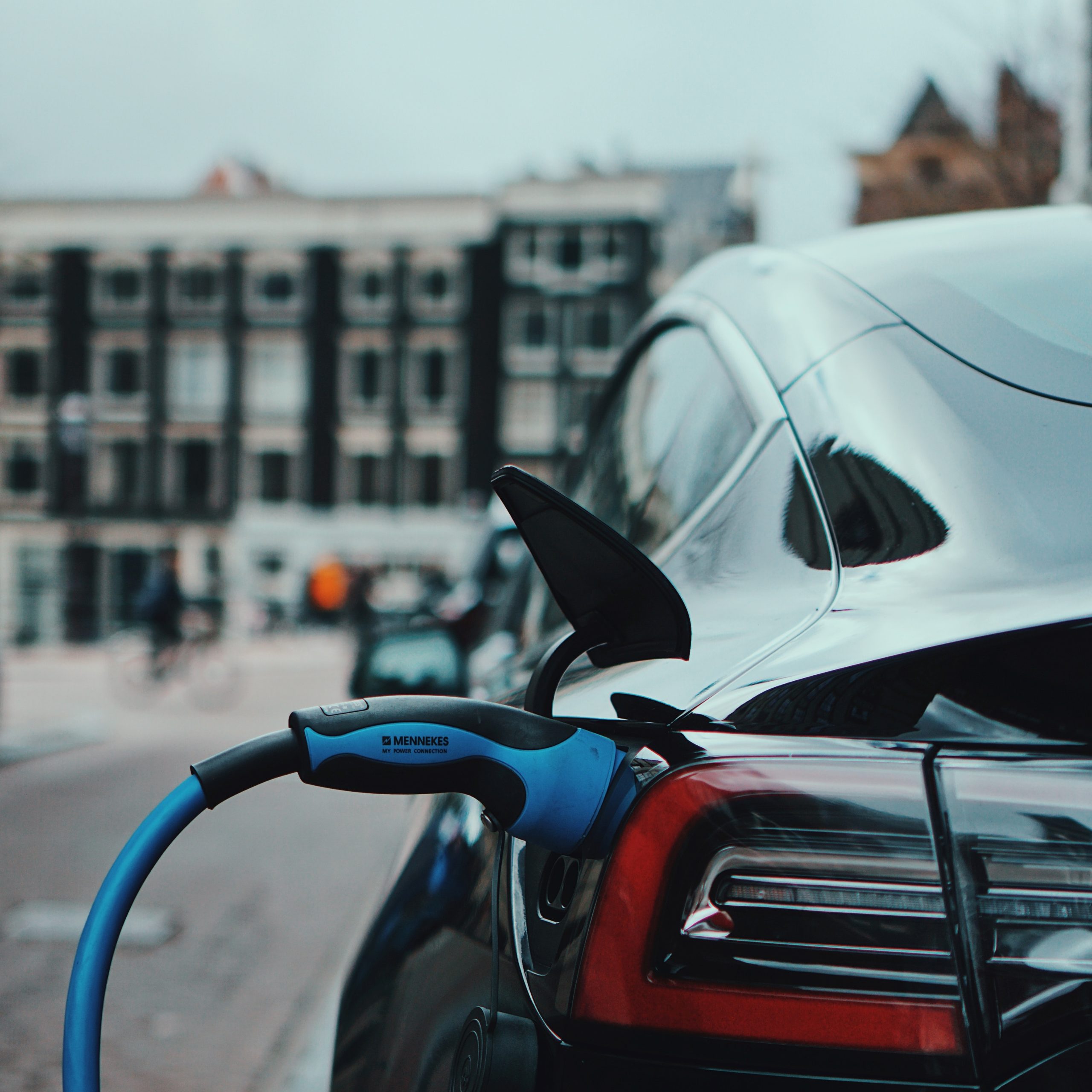 Project Climate is working with Oakland and other cities to identify the barriers to installation of electric vehicle charging infrastructure in underserved communities, with the intent of overcoming those barriers and speeding implementation.
Project Climate is working with Oakland and other cities to identify the barriers to installation of electric vehicle charging infrastructure in underserved communities, with the intent of overcoming those barriers and speeding implementation.
Other Efforts
Project Climate is working to accelerate other promising climate solutions and actions, to the extent time, staffing, and funding allow.